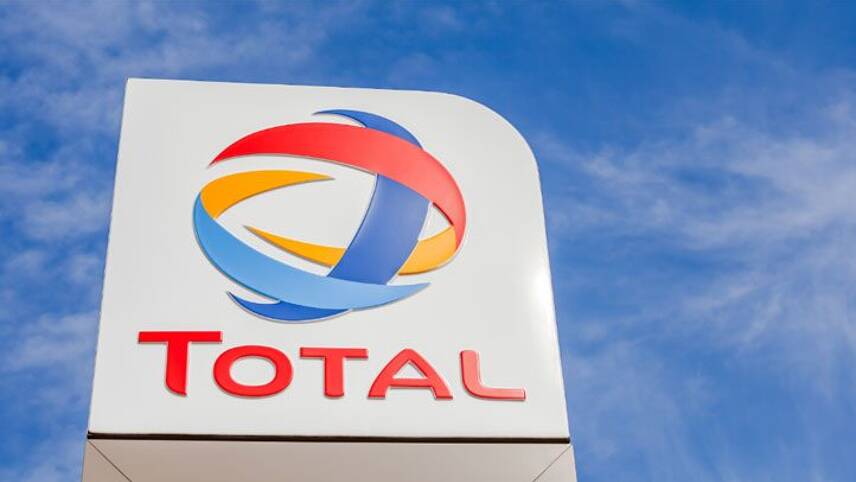Register for free and continue reading
Join our growing army of changemakers and get unlimited access to our premium content

Total is the majority stakeholder in the controversial LNG project
The Alfungi project, located in Palma, suspended work temporarily at the end of March after experiencing attacks linked to the militant extremist group Islamic State. Between 50 and 60 people were presumed dead, according to media reports.
Total has now postponed direct staff returning and contractors from the site indefinitely, stating that the security situation is too severe to continue.
A statement from Total reads: “Total expresses its solidarity with the government and people of Mozambique and wishes that the actions carried out by the government of Mozambique and its regional and international partners will enable the restoration of security and stability in Cabo Delgado province in a sustained manner. “
It is understood that the UK Government, through UK Export Finance, invested at least £1bn in the project. Indeed, it is one of the projects which UKEF was criticised for by campaigners. Campaigns ultimately led the UK Government to vow to ban the financing of fossil fuel projects overseas.
edie has reached out to UK Export Finance for comment. A spokesperson said: “The UK is committed to working with Mozambique to address the conflict’s root causes and we are supporting the humanitarian response.
“UKEF will continue to monitor the situation closely and ensure the UK taxpayer is protected.”
The total committed by export credit agencies to the project is estimated to stand at £13bn. The US administration, under Trump, pledged $4.7bn and Japan has committed $3bn.
What happens now?
Green groups believe that the delays to the project, compounded by the climate and now security risks it poses, may lead to cancellation and billions of dollars worth of stranded assets.
“As countries and companies adopt stronger climate targets, the gas demand projections underpinning the project are now in doubt,” Mozambique-based E3G senior associate Jonathan Gaventa said. “The longer the project is delayed, the lower the revenues are likely to be – if the project goes ahead at all.
The export credit agencies who agreed to underwrite this project should take a long, hard look at their due diligence standards. When the finance deal was signed for Mozambique LNG less than a year ago, the conflict in Cabo Delgado had already displaced over 300,000 people and the risks of further escalation were clearly evident.”
The area surrounding the project is believed to host some $60bn worth of gas projects, with other corporate backers including Exxon Mobil. Yet Mozambique is a low-income nation. The hopes of the Government were to use funds raised from gas to develop – but green groups are now urging politicians to consider low-carbon alternatives, and asking developed nations to use existing mechanisms to support.
“Governments and financial institutions should now work with the Mozambican government to catalyse new investments and support lower carbon development pathways, to lower Mozambique’s dependence on fossil fuel income,” Gaventa said.
“Let it be clear that the gas developments will not help build a better or safer future for Mozambican communities,” Oil Change International’s senior campaigner Laurie van der Burg said.
“Today’s decision allows Total to cancel contractors, showing that its investments are not delivering the stable jobs it promised. Even more so, next to fuelling the violence in the region, the gas developments have removed formerly self-sustaining families from their homes, fishing areas and farmland in the construction phase alone.”
Sarah George


An explanation from the green groups on just what alternatives there are to fossil fuels, would be much appreciated. And let their explanations be science based and applicable to poorer nations.
Except for nuclear generation and hydro, they do not exist.
Correct me if I am in error.
Richard Phillips